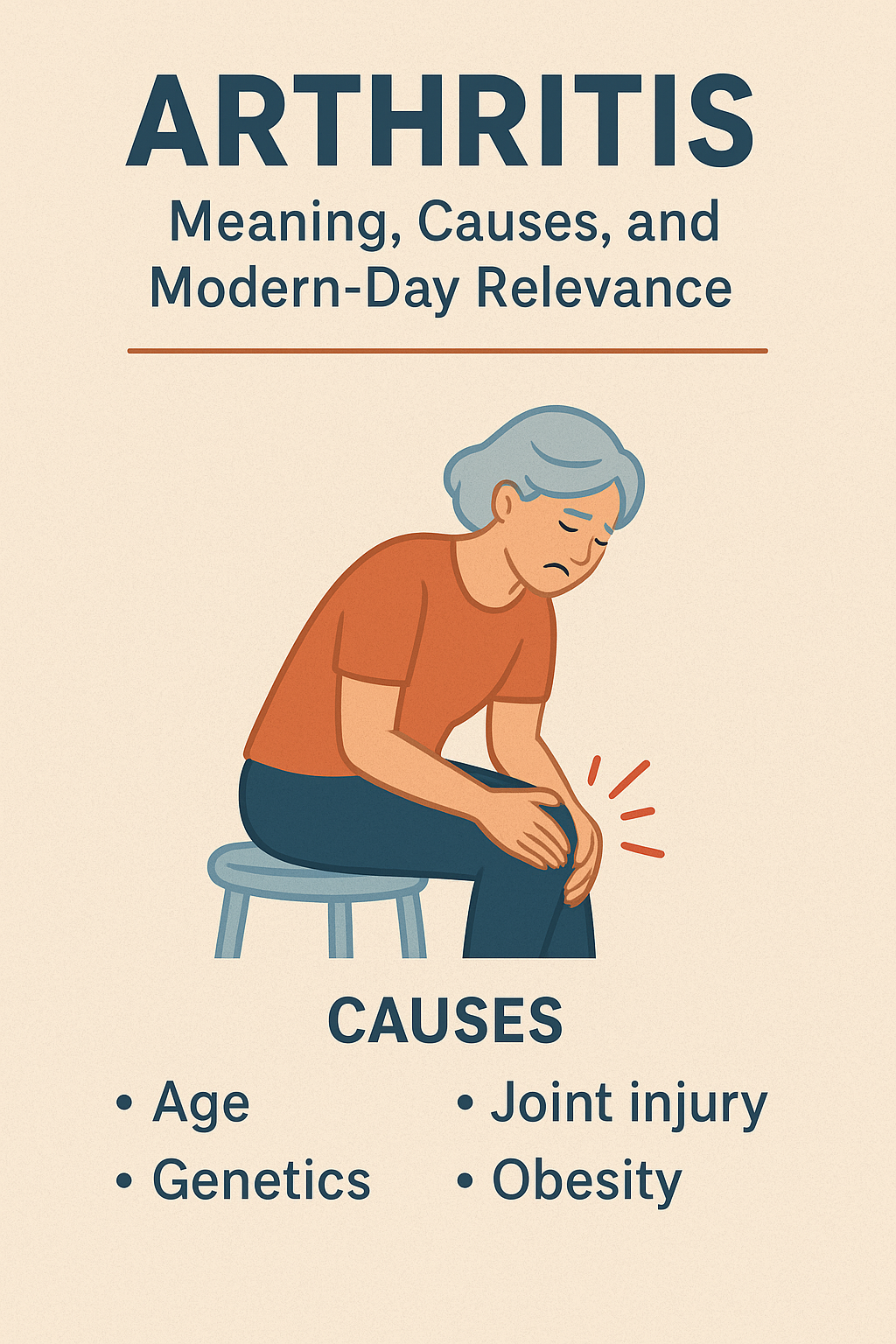Introduction
The Trideltathon stands as a testament to the power of community, endurance, and philanthropy. Hosted annually by the Delta Delta Delta (Tri Delta) sorority at the University of Tennessee, this sprint triathlon has become a cherished tradition that combines athletic challenge with charitable giving. Participants from all walks of life come together to swim, bike, and run in support of East Tennessee Children’s Hospital, making a tangible impact on the lives of young patients.
What is Trideltathon?
The Trideltathon is a sprint triathlon that has been held annually at the University of Tennessee in Knoxville. It is renowned for being the oldest running pool triathlon in the country. The event features a 400-meter indoor pool swim, followed by a 6-mile bike ride through the university campus, and concludes with a 3-mile run that passes iconic landmarks such as Neyland Stadium and Thompson-Boling Arena. This format offers both seasoned athletes and newcomers an opportunity to participate in a structured yet accessible multisport event.
The History and Evolution of Trideltathon
The origins of the Trideltathon date back to 1984, when it was conceived as a way for the Tri Delta sorority to engage with the community and raise funds for charitable causes. Over the years, the event has grown in both size and significance, attracting participants from across the region. Despite challenges, including the cancellation of the 2020 event due to the COVID-19 pandemic, the spirit of the Trideltathon has remained unbroken. In 2025, the event returned, reaffirming its place as a staple in Knoxville’s athletic and philanthropic calendar.
The Philanthropic Impact
At its core, the Trideltathon is about more than just athletic achievement; it’s about making a difference. Proceeds from the event have consistently benefited East Tennessee Children’s Hospital, providing critical support for pediatric care and research. This partnership underscores the commitment of Tri Delta to its philanthropic mission and the tangible impact that community events can have on local healthcare initiatives.
Event Details and Participation
Race Format
-
Swim: 400-meter indoor pool swim
-
Bike: 6-mile ride through the University of Tennessee campus
-
Run: 3-mile run passing landmarks like Neyland Stadium
Categories
-
Individual: Open to ages 10 and up
-
Relay Teams: Open to ages 7 and up
Registration
Participants can register through platforms like Race Day Events and TriSignup. Early registration is encouraged due to the event’s popularity.
The Role of Volunteers and Community Support
The success of the Trideltathon is a collective effort. Volunteers, many of whom are members of the Tri Delta sorority, play a crucial role in organizing and executing the event. Their dedication ensures a smooth and enjoyable experience for all participants. Additionally, local businesses and community members contribute through sponsorships and support, highlighting the widespread backing for this meaningful event.
Training Tips for Participants
Preparation
-
Swimming: Practice in a pool to simulate race conditions.
-
Cycling: Familiarize yourself with the bike course and terrain.
-
Running: Incorporate hill training to prepare for the campus run.
Nutrition and Hydration
-
Pre-Race: Consume a balanced meal 2-3 hours before the event.
-
During Race: Stay hydrated, especially during the bike and run segments.
-
Post-Race: Replenish with a mix of carbohydrates and protein.
Mental Preparation
-
Visualization: Mentally rehearse each segment of the race.
-
Positive Mindset: Focus on the cause and the community support.
Testimonials from Past Participants
“The Trideltathon was my first triathlon, and it was an unforgettable experience. The community support and the cause made every stroke, pedal, and step worthwhile.”
— Sarah M., 2023 Participant
“Volunteering at the Trideltathon gave me a sense of purpose and connection. Seeing the impact on the hospital was incredibly rewarding.”
— Emily R., Volunteer
Looking Ahead: The Future of Trideltathon
As the Trideltathon continues to evolve, there are plans to expand its reach and impact. Future events may include additional race categories, virtual participation options, and broader community engagement initiatives. The goal remains to foster a spirit of philanthropy and fitness while supporting the vital work of East Tennessee Children’s Hospital.
Conclusion
The Trideltathon is more than just a race; it’s a celebration of community, fitness, and philanthropy. Through the collective efforts of participants, volunteers, and supporters, the event has made a lasting impact on both the athletic community and the lives of children in need. As we look to the future, the legacy of the Trideltathon serves as a reminder of the power of coming together for a common cause.















Leave a Reply